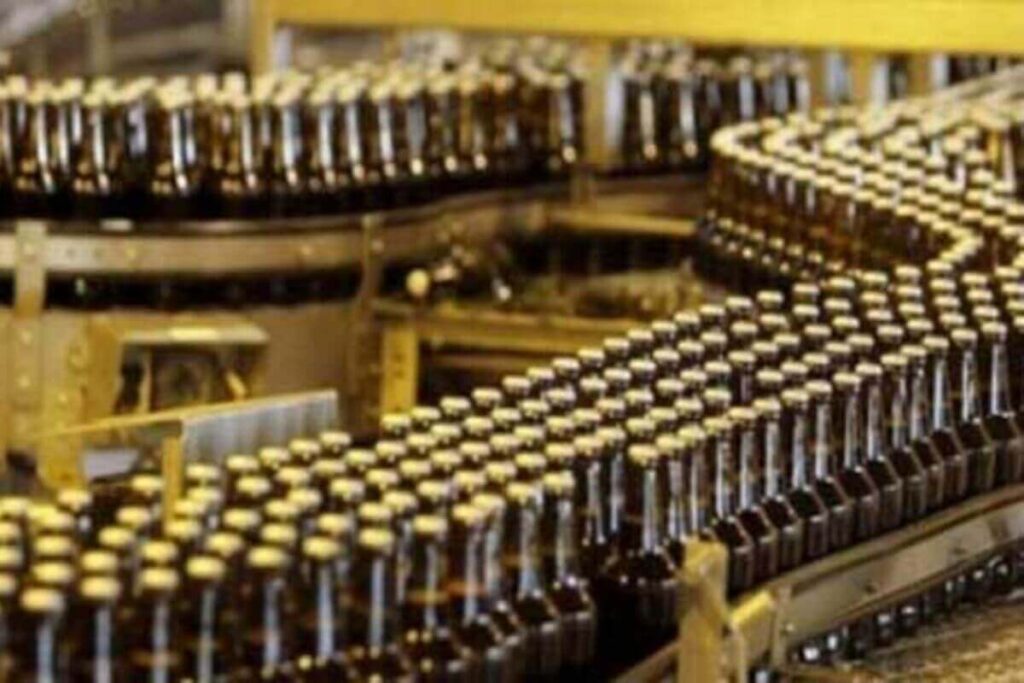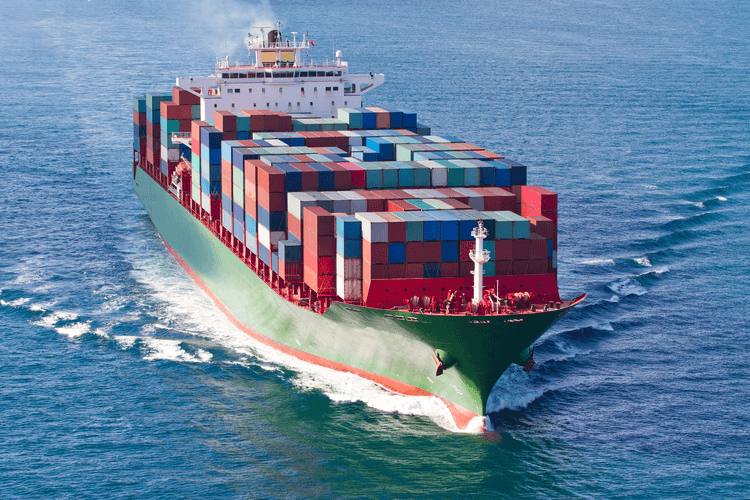The profit of Tanzania Breweries Limited (TBL) has increased by 12% over the previous five years, from 133bn/- in 2018 to 149bn/- in 2022, while revenue increased by 5.6% during the same time.
This top-performing company achieved this great feat despite the competition from Serengeti and other locally made spirits.
TBL recorded a net profit growth of 7.8% to 149.2bn/- during the year 2022, while the total revenue from sales of beer and spirits rose by 12.2% to 1.14trn/-.
Net income margin slightly dropped by 20bps to 13.1% largely due to the 96.3% increase in tax expenses. Increased revenue lifted the gross margin from 38% in 2021 to 40% in 2022.
Since the takeover by AB-InBev in 2017, the company began restructuring its operations, in an attempt to cut operational expenses, including a substantial cut of marketing expenses, leaving room for a growing stiff competition from Serengeti and other locally made spirits, including K-Vant which began rebranding to cater for premium consumers.

As a result, TBL’s revenue dropped for four straight years while net profit and profit margins improved for the first three years since the takeover.
The toll caught up in 2020 when profits went down 41% due to a significant increase in operational and administrative expenses.
Following the finalization of the restructuring process, the company was attempting to revamp business strategies, raising marketing costs by 62%. The company named the pandemic as one of the factors for poor performance during the year, although Serengeti breweries’ sales grew more than 50% during the same year.
Apart from TBL losing market share to competition due to cutting down marketing expenses, the last five years saw a strained liquidity in the economy, leading to a shift of customer preference to illicit alcohol. Evidently of the fact, beer production in
Tanzania went down 12% in 2019, from LT 444.633 million in 2018 to LT 391.299 million the following year, according to the Bank of Tanzania’s quarterly economic bulletin. Beer production further dropped by 3.3% in 2020, before a slight 1.4% recovery in 2021. Moreover, TBL’s spirits segment further took a toll from a ban of sachets packaging of alcohol in 2017 which accounted for a majority of the segment’s revenue.
Quarter 4 performance for 2022
Both, revenue and net income sunk 1% and 57% respectively. The 57% decrease in net income was caused mainly by a 56% increase in administrative expenses from 18bn/- in Q3,2022 to 27.9bn/- in Q4,2022. Marketing and distribution expenses jumped 18% to 37bn/-in 4Q22 compared to Q3,2002. Capital expenditure during the fourth quarter amounted to 34.1bn/- aimed at increasing production and distribution of products.
Gross profit margin for the quarter improved by 147bps to 41.7% due to a 5% decrease in cost of sales from 191.7bn/-recorded in Q3, 2002 to 181.4bn/-in 4Q22
Market performance
Despite of a good profit track record and consistent dividend payment, the share price of TBL has completely stagnated in the last five years.
Majority of transactions involving TBL shares are traded through prearranged block transactions, at a deeply discounted price averaging at 6,000/-, while official market price in the normal board is 10,900/-.
In 2022, 4,011,634 shares of TBL were traded in the market generating 25.67bn/- which is 19% of total market turnover for 2022.
TBL price stagnation originates from market circuit breakers embedded in the DSE Trading Rules, put in place to restrict excess volatility.
Trading Rules limit single trading session movement of TBL price to 5%. A counter should trade at least 0.0025% of its total shares in that single session for a consideration of a new closing price which shall be the weighted average price for that session.
In that sense, TBL needs about 80m/- to move the price from the current 10,900/- to the next allowable lowest of 10,400/-. Since investors already have access to the counter at lower prices in prearranged transactions, there is no appetite of the shares at market prices.
Outlook
TBL has not had a major expansion in the last five years, especially with cut throat competition from Serengeti and a growing number of locally made wines and spirits.
The current growth in liquidity in the economy, increased disposable income, and rising to a middle-income economy, consumption power for the middle class is rising fast. TBL is in a strategic position to cater for shifting households.
While the per capital consumption of alcohol is still one of the lowest in Africa, let alone the world, a significant share of the market still consumes illicit alcohol, which TBL hopes to attract as disposable income grows, but also by focusing on affordable products.
With a slow income growth, we do not expect much dividend growth from the company, as for a while TBL has had a payout ratio higher than 100%.
Despite a lack of excitement, at the right price, the company offers a low risk matured stock investment, with almost parallel growth to the economy and stability in dividend payments. Unless DSE amends Trading Rules, we do not expect any price movement on the counter.
The author of this article
Imani Muhingo is the Head of Research and Analytics at Alpha Capital. For feedback contact him via email: imani.muhingo@alphacapital.co.tz







